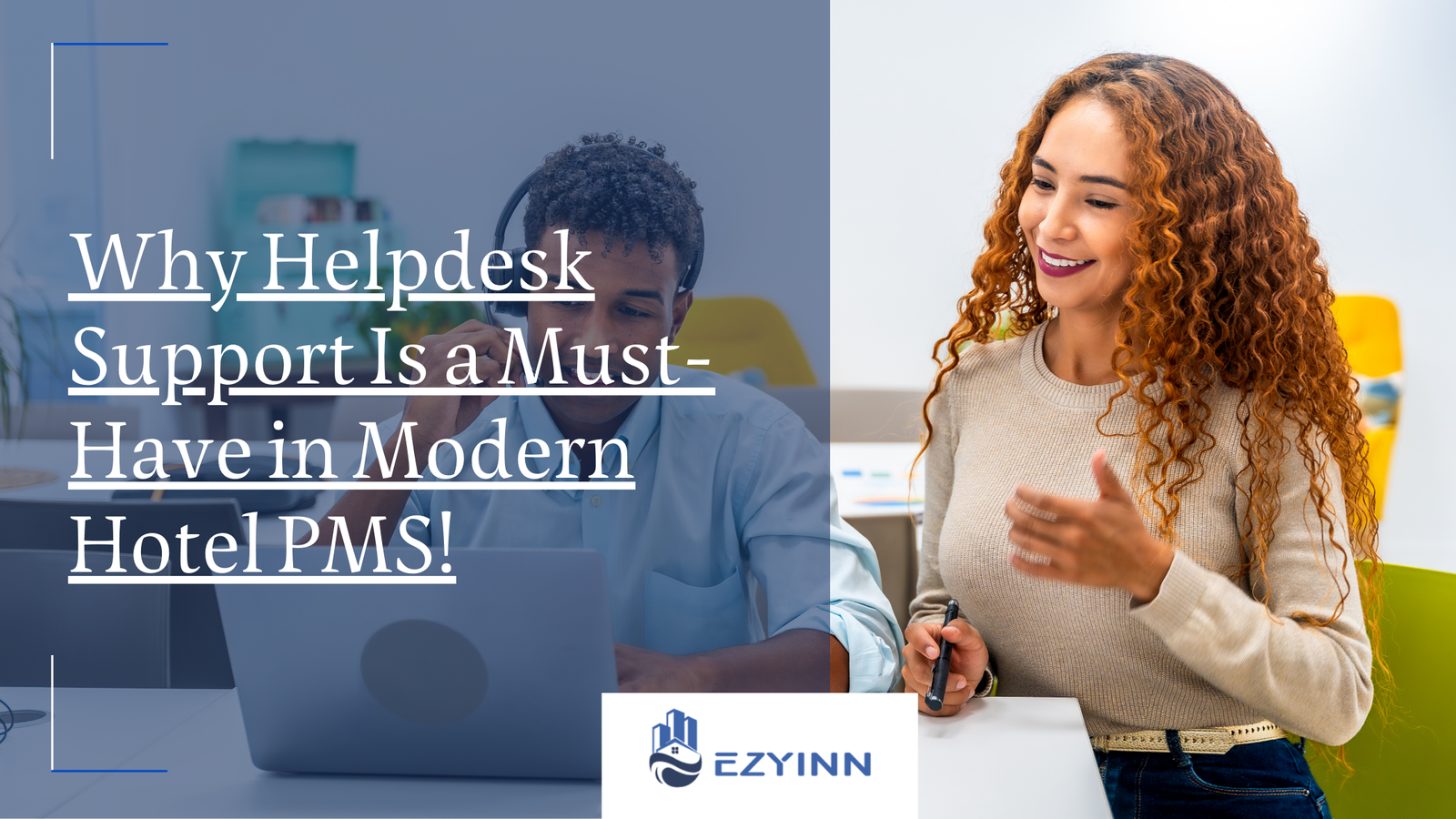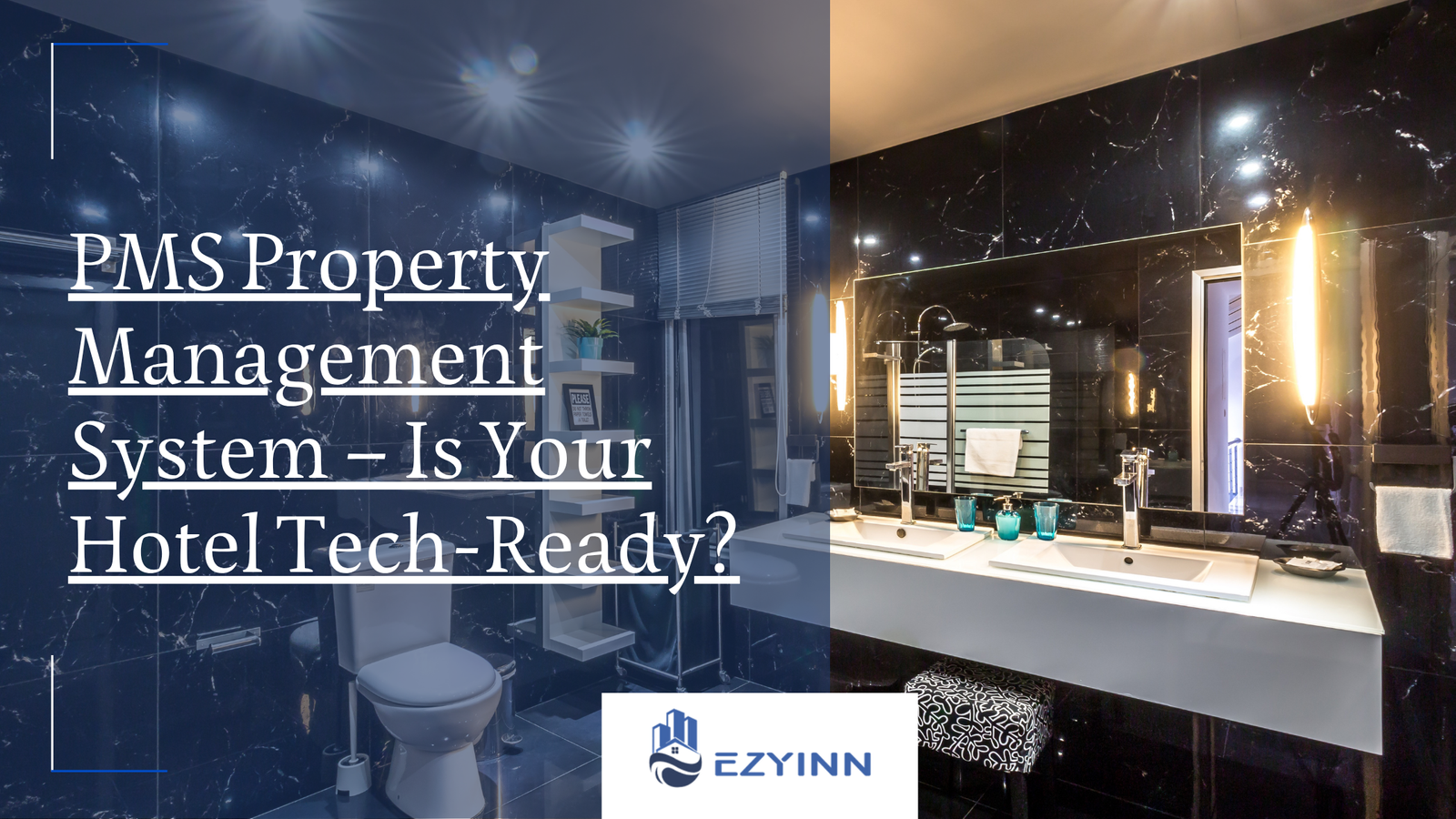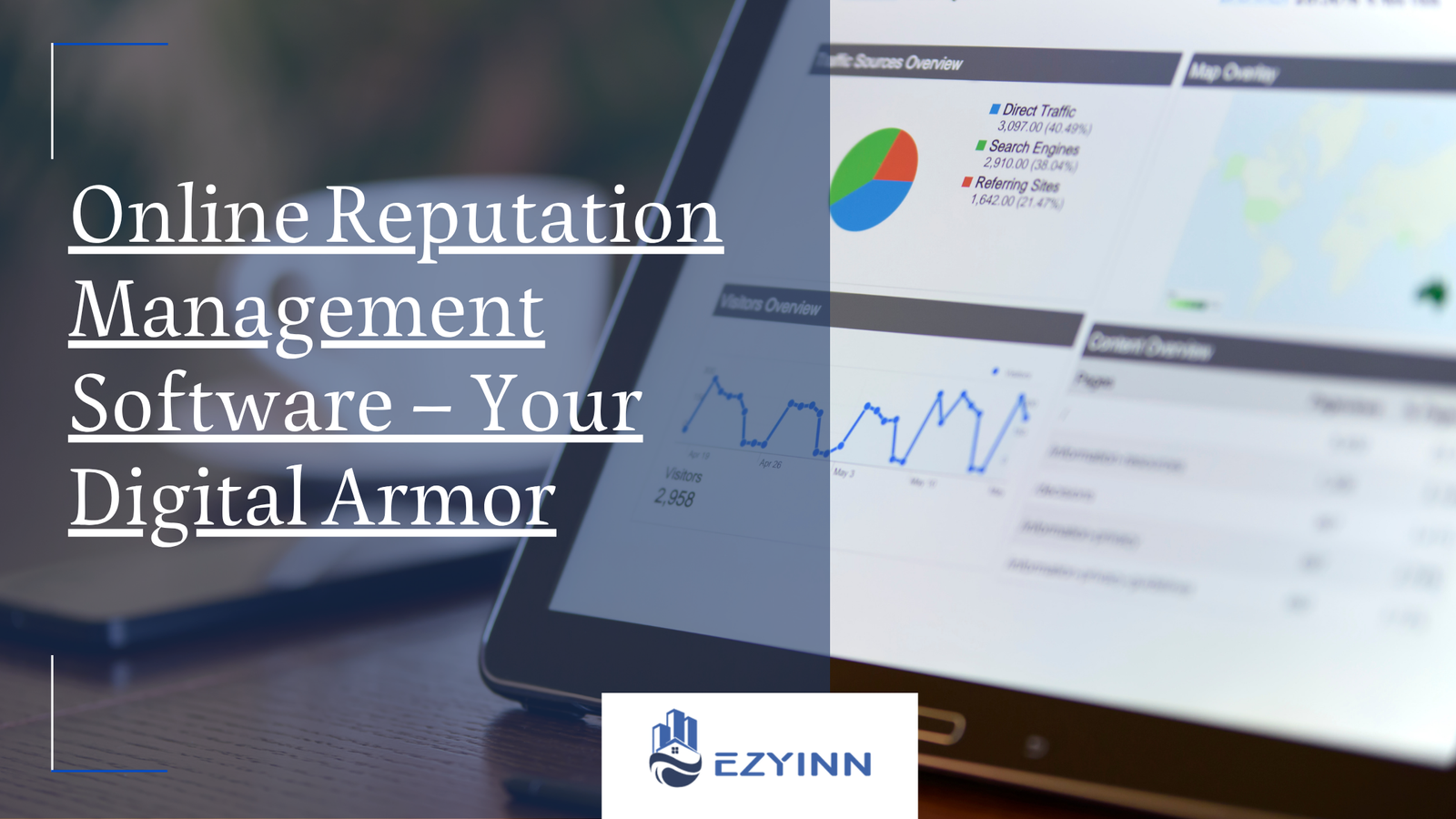Offering a clean room and a warm smile alone is insufficient in the very competitive hotel market of today. Today, guests want seamless, customized digital experiences all during their stay. From automated room service to smartphone check-ins, they anticipate the ease of technology at every contact point. The operational performance of a hotel depends mostly on the Property Management System (PMS in hotel industry) since of this, there is an increasing need for innovation.
Hotel PMS in hotel industry technology is developing fast as we go through 2025. Hotel managers must separate hype from actual value among many suppliers, new features, and AI-powered technologies on the market. Whether you manage a franchise, luxury resort, or boutique hotel, knowing what is brand-new—and what really generates results—can provide a clear competitive edge for your business.
What Is a PMS in Hotel Industry and Why Should We Know?
A PMS in hotel industry actual worth is found in its capacity to decrease human mistakes, simplify everyday tasks, and cut manual labor required. More significantly, a contemporary PMS guarantees speedier service, more customization, and flawless departmental communication, therefore improving the passenger experience. Selecting a PMS is a fundamental business strategy rather than an IT one now. Here are the PMS tips:
- Real-Time Analytics and Reporting: Modern PMS in hotel industry ought to be a source of useful corporate intelligence. All at one, real-time dashboards can show you who is checking in, which rooms are turning over, and how your occupancy and RevPAR are trending. These revelations enable hotel management to act faster and with greater intelligence. Data-based decisions improve performance in everything from personnel level adjustments to mid-week promotions to revenue projections for next quarter. The days of depending just on gut sense or delayed reports are past.
- Dynamic Rate Control: Maintaining fixed pricing in a market with competition implies forfeiting money on hand. Dynamic pricing capabilities used in today’s PMS in hotel industry systems dynamically modify room rates depending on rival pricing, booking velocity, and state of the market. By use of this clever pricing approach, hotels may remain competitive during slower seasons and maximize income during moments of demand. One of the most powerful PMS tools available today is property that moves from static to dynamic pricing; revenue increases of 10%–25% usually follow from this.
- Channel Management Integration: Although your property is probably listed under several OTAs, hand management of them results in mistakes, duplicate reservations, and lost income. A PMS in hotel industry that connects with or contains a channel manager guarantees instantaneous updating of all listings. You reduce overbooking risks and keep uniform prices across all platforms with one dashboard managing all your availability and pricing. With many hotels seeing 15–30% increase in reserve volume, this exposure enhances your reach and generates more direct and indirect reservations.
- Multi-Property Support: If you run several properties, you really need a PMS in hotel industry with multi-property capability. From one interface, these systems permit centralized control of reserves, visitor profiles, performance data, and personnel. Group-wide loyalty programs, consistent branding, and operational efficiency across sites are made possible by this one strategy. Scalable, sustainable development depends on this degree of control whether you run a small chain or one in expansion.
Choosing the Right Hotel Property Management System (PMS)
When selecting a hotel property management system (PMS), hoteliers must consider a range of factors to ensure seamless operations. From understanding what a hotel PMS does to comparing various property management system options, making the right choice is critical. The market offers a wide range of hotel software solutions, so conducting a software comparison based on key considerations like core software features, vendor reputation, and overall software support can guide decision-making. Opting for the best hotel software helps streamline bookings, improve operational control, and enhance the overall management experience.
Enhancing Operational Efficiency with Hotel Software
Modern software management tools are designed to simplify operations software needs across all departments. A truly effective solution is user-friendly, cost-effective, and built to support the evolving demands of the hospitality industry. Features such as system integration, scalability, data security, and cloud-based access empower hotels to operate more efficiently while protecting guest data. Moreover, having mobile access and the ability for customization ensures that the system adapts to both staff workflows and brand-specific requirements.
Driving Guest Experience and Business Success
Beyond backend operations, hotel software plays a pivotal role in elevating the guest experience. Advanced hotel management systems are not only built for efficiency but also for personalization and service delivery. Tools that offer customization, mobile access, and responsive software support allow staff to serve guests faster and more effectively, resulting in higher satisfaction and loyalty. Ultimately, leveraging a powerful PMS is not just about technology—it’s about enhancing every touchpoint of the guest journey while ensuring smooth internal processes.
Conclusion
Technology is altering guest expectations rather than only how they engage with hotels. From integrated guest portals to predictive automation, the proper platform can change your operations and visitor experience.
Emphasize features that generate income, improve the visitor experience, and easily interact with your current technology as you investigate PMS choices. Your PMS won’t only be a tool; it will be a strategic development engine with the correct partner. At Ezyinn Technologies, we represent the best services to meet all your business needs. Get in touch with us today at +1 (408) 715-3635!








